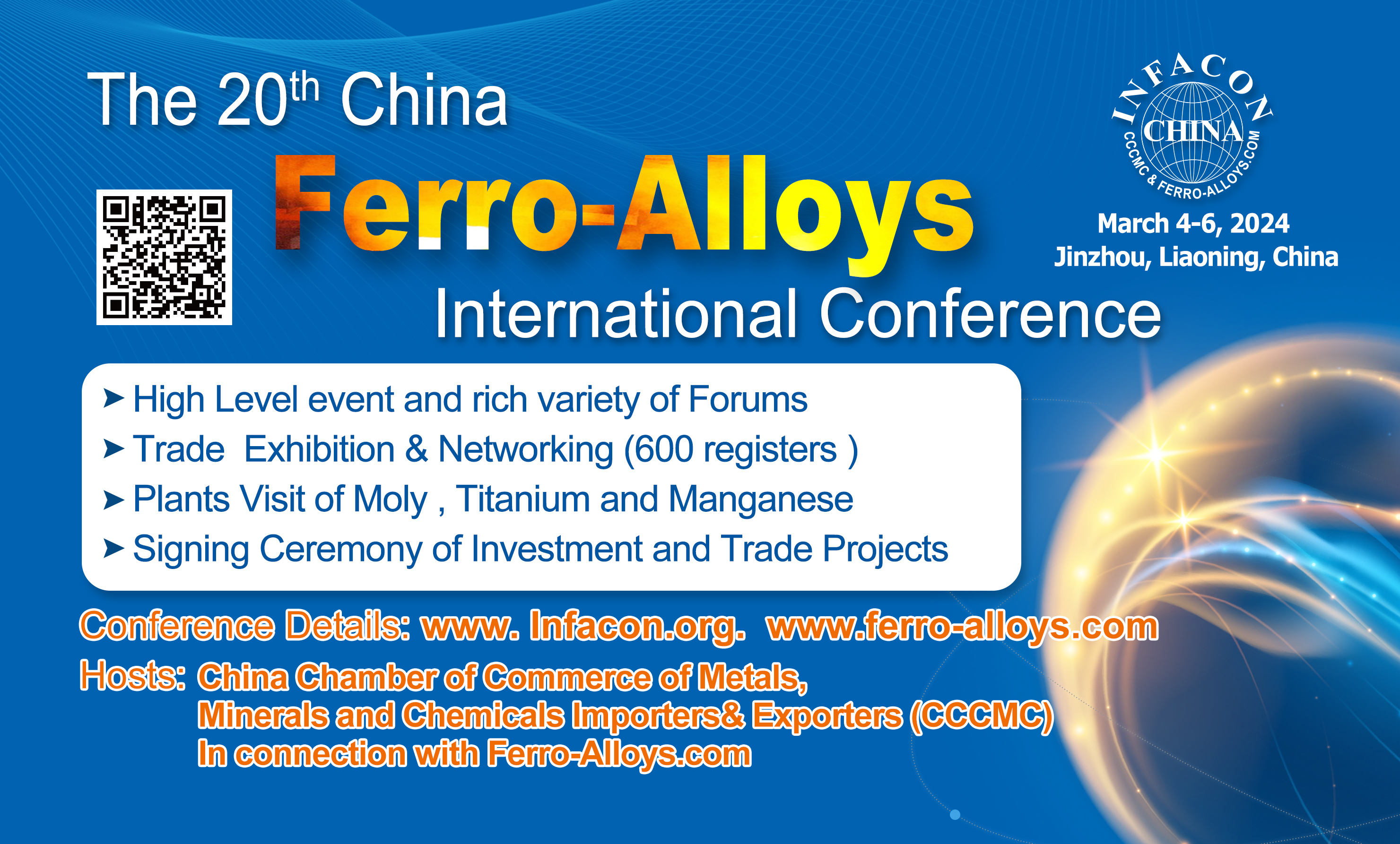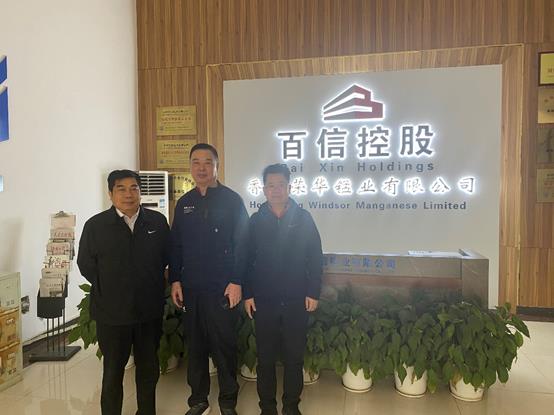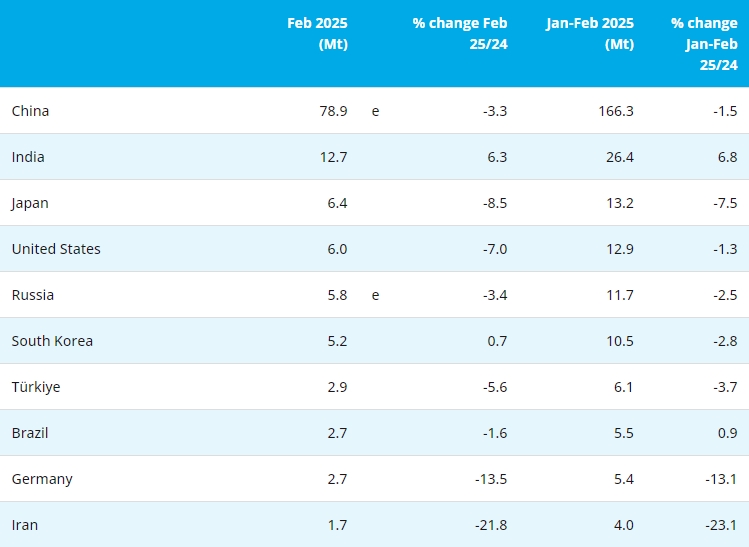[Ferro-Alloys.com] The ASX is set to see a new major Vanadium player on the bourse with a proposed merger between Technology Metals (ASX:TMT) and Australian Vanadium (ASX:AVL) to be voted on January 16, 2024.
With a court approving all the necessary mechanics, TMT shareholders will receive all documentation next week regarding AVL’s proposed buyout of TMT.
Both companies are jointly seeking to develop vanadium pentoxide for use in large-scale vanadium redox flow energy storage batteries.
These batteries allow power grids to decarbonise by storing renewable energy generated in the day for 12-hour-plus timeframes, such that people can boil the kettle at night using solar power.
A vanadium-based big battery can also be built in a sea container – they also subvert supply chain concerns facing lithium-ion batteries, particularly, finding cobalt that doesn’t come from the infamously problematic Congo province.
“This is the most logical consolidation in the industry you can imagine,” TMT Managing Director Ian Prentice said.
“There’s a lot of technical and logistical benefits in doing it that way.”
China currently dominates vanadium flow battery construction – but AVL has recently struck a deal with WA state-owned utility Horizon Power to build a small remote vanadium storage battery.
One company, one orebody

Mr Prentice said the ultimate strength of a shared market cap and unified technical teams from both companies would be clearly beneficial. But perhaps more importantly, so too would one company handling one vanadium orebody.
At this time, both Technology Metals and Australian Vanadium find themselves doing roadshows “one week after the other” talking about the same thing.
This, both Mr Prentice and Australian Vanadium CEO Graham Arvidson suggested, is likely causing some indecision.
Mr Arvidson – wearing a vanadium element lapel pin on his blazer – also echoed the benefit of shared financial resources, lamenting “limited” funding that vanadium explorers – and developers – are currently facing.
“It takes a lot of capital [and] there are limited pools,” he said.
“The overlaying piece is that this orebody is one of the most advanced,” Mr Arvidson added, highlighting his company’s path towards “near term production” is in place, merger or not.
Price thematics and China
Mr Arvidson also asserted the geological particulars of its orebody are best placed to produce battery-ready premium vanadium pentoxide.
Queried on falling prices for vanadium in the last two years, he was bullish on the battery thematic turning the ship around. At this time, vanadium is still predominantly a steel additive, where it acts as a superior alloy for strengthening steel.
For this reason, the metal is also sought after for defence and aerospace applications.
Neither Mr Arvidson nor Mr Prentice gave a firm response when The Market Herald asked when, exactly, they see vanadium becoming tied to the battery thematic in dominant investor psychology – but both are pretty sure it will happen in the 2030s at some point.
Currently, the majority of the world’s vanadium goes into making Chinese rebar.
But with that country still facing an economic migraine, vanadium prices have suffered – despite iron ore staying comparatively strong.
Mixed shareholder reaction
Macro aside, the decarbonisation theme is widely perceived by punters and investment bankers alike as too big to fail by this point. This is especially true when one looks at how much money world governments everywhere are pouring into every possible scaleable technology.
The question, then, is whether or not TMT can get all of its shareholders on board.
Mr Prentice told The Market Herald that while TMT has received support from some T20 holders, retail investors who have so far expressed their sentiment are displaying some hesitance.
At least one substantial shareholder is also asking for a please explain, but who exactly that is wasn’t made clear.
When asked why, Mr Prentice mused that perhaps its retail holders – he didn’t stray into discussions around substantial holders – are just emotionally attached to the stock. He might be right.
After the scheme booklet was registered with ASIC on Tuesday, as of today’s market close, TMT’s one-week performance is down 6.82 per cent.
But zooming out even wider on the chart gives credence to Mr Prentice’s ultimate enthusiasm for the proposed merger – and that of its board, which has recommended shareholders approve.
Technology Metals’ year-to-date (YTD) performance is down 41.43 per cent, and it now boasts a market cap of $52.1 million.
Australian Vanadium, meanwhile, has a market cap somewhat higher at $111.7 million – and it’s set to commence production of vanadium electrolyte in February of 2024. But at market close today, it too is in the red, with YTD down 12 per cent.
The vanadium electrolyte AVL intends to start shipping in February will be sent out from a facility in WA just north of Perth, and – in Arvidson’s ideal world – sold to WA state-owned Horizon Power.
AVL eventually wants to establish a downstream processing plant in WA, too, satisfying government enthusiasm for domestic critical mineral supply chain establishment.
As for nearer-term electrolyte production, Mr Arvidson didn’t go into whether or not he had a backup plan if Horizon dropped the whole thing. One is left to note, however, that China’s always only one cargo ship away.
- [Editor:tianyawei]



 Save
Save Print
Print Daily News
Daily News Research
Research Magazine
Magazine Company Database
Company Database Customized Database
Customized Database Conferences
Conferences Advertisement
Advertisement Trade
Trade





 Online inquiry
Online inquiry Contact
Contact

Tell Us What You Think